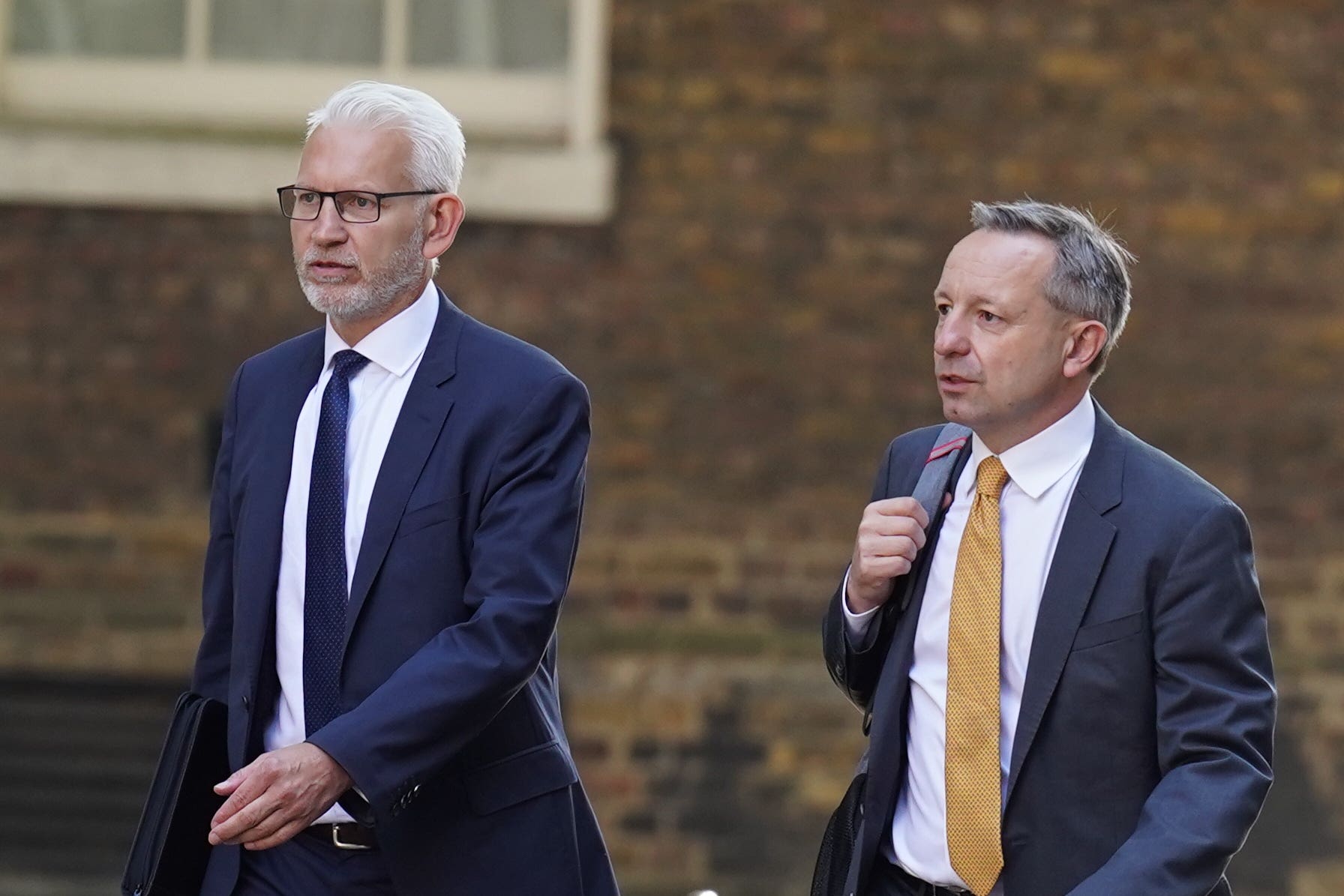Green energy helps with price, security and sustainability, says Ofgem boss
Jonathan Brearley said massive recent hikes in the price of gas have pushed down the relative costs of low carbon electricity.

Your support helps us to tell the story
From reproductive rights to climate change to Big Tech, The Independent is on the ground when the story is developing. Whether it's investigating the financials of Elon Musk's pro-Trump PAC or producing our latest documentary, 'The A Word', which shines a light on the American women fighting for reproductive rights, we know how important it is to parse out the facts from the messaging.
At such a critical moment in US history, we need reporters on the ground. Your donation allows us to keep sending journalists to speak to both sides of the story.
The Independent is trusted by Americans across the entire political spectrum. And unlike many other quality news outlets, we choose not to lock Americans out of our reporting and analysis with paywalls. We believe quality journalism should be available to everyone, paid for by those who can afford it.
Your support makes all the difference.Wind turbines and solar panels have become the cheapest, greenest and most secure energy available to households across Britain amid a massive crisis for global fossil fuels, the boss of regulator Ofgem has said.
Jonathan Brearley said that now, more than ever, the three priorities of affordability, security and sustainability now complement rather than contradict each other.
“The energy crisis and the war in Ukraine makes the need for our transition towards energy independence and net zero more, not less, certain,” Mr Brearley told the Future of Utilities Summit in London on Monday.
To me this is a live experiment as to how the future may work
“And the faster we get there, the better it will be for our customers.”
He said massive recent hikes in the price of gas have pushed down the relative costs of low carbon electricity.
“With renewables and low carbon generation becoming the cheapest form of energy, the economics has changed forever; that energy becoming not only the most sustainable but also the cheapest and most secure option,” he added.
But Mr Brearley also said that urgent changes were needed to foster the system that he wants to build.
Planning reforms and changes to how the grid works should sit alongside regulatory changes and could reduce the amount of time it takes to build a new transmission project by up to three years, he told onlookers.
Mr Brearley also welcomed innovative new initiatives such as the recently launched demand flexibility service, which pays households and businesses not to use electricity during certain times.
The scheme can help take the strain off the electricity grid and potentially reduce the risks of blackouts.
“To me this is a live experiment as to how the future may work, and it is borne out of necessity, borne out of the conditions we are in now, but it may well be one of the things we look to when developing the services and the systems of the future,” he said.